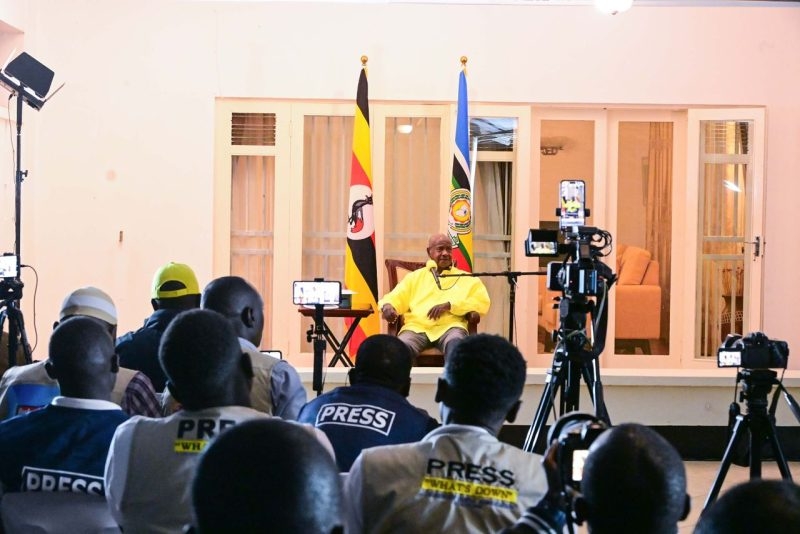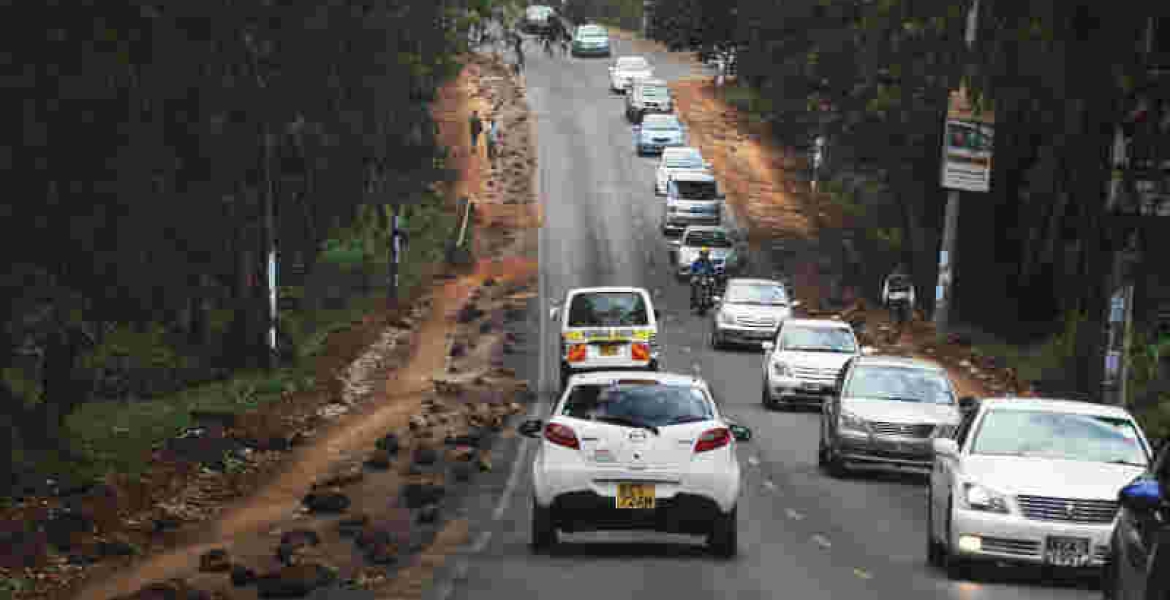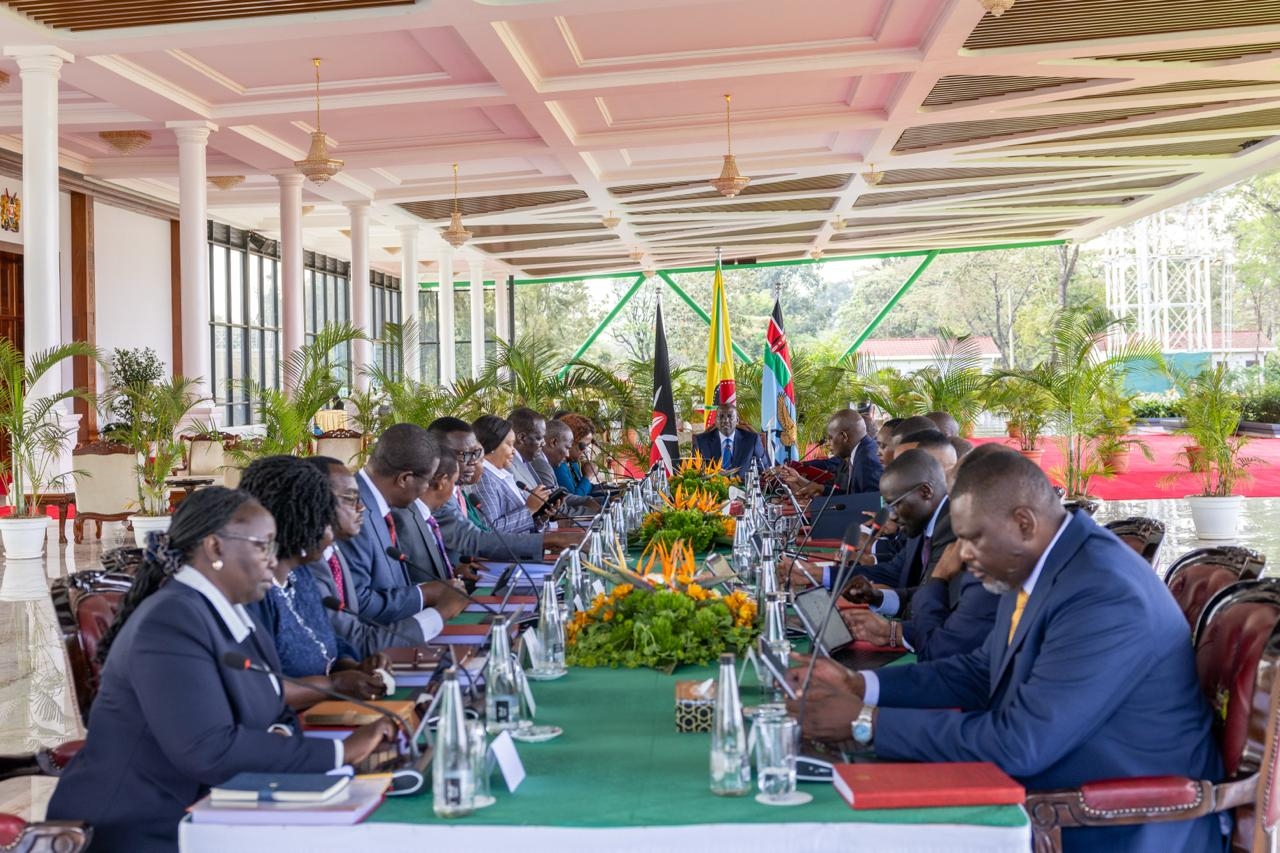
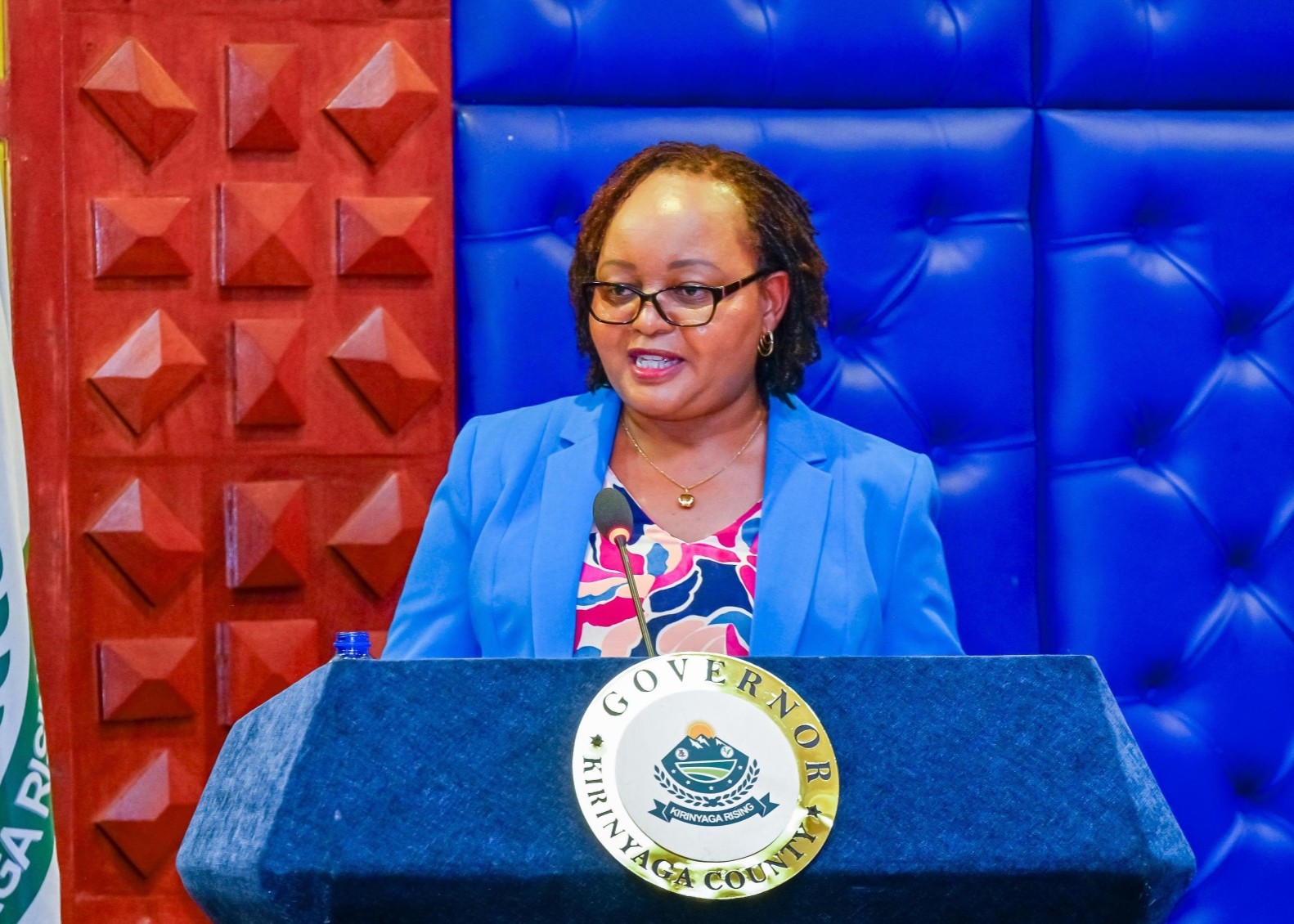 Kirinyaga Governor Anne Waiguru delivers her State of the County Address in the county assembly on Tuesday, November 11, 2025. /ANNE WAIGURU/X
Kirinyaga Governor Anne Waiguru delivers her State of the County Address in the county assembly on Tuesday, November 11, 2025. /ANNE WAIGURU/XKirinyaga Governor Anne Waiguru has asked the national government to first mop up all locally produced rice before allowing duty-free imports so as to save farmers from losses.
She said cheap imports have flooded the market just as the rice harvesting season in the expansive Mwea Irrigation Scheme is setting in, spelling doom for the local produce.
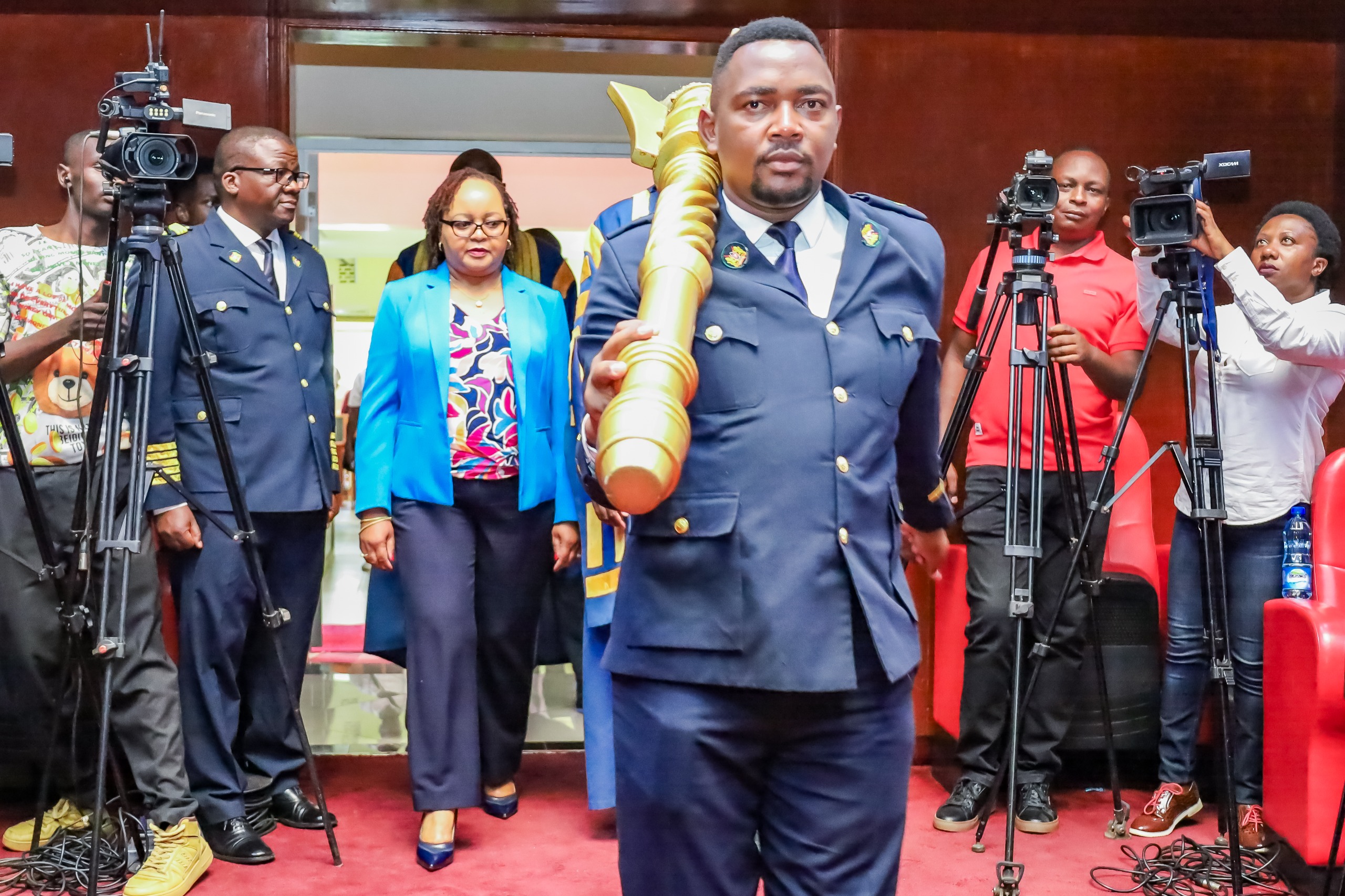
Speaking after delivering her State of the County Address (SOCA) at the Kirinyaga County Assembly on Tuesday, Waiguru acknowledged that while it is understandable that Kenya does not produce enough rice to meet national demand, priority must be given to local farmers.
“The rice import should only be to fill the deficit and not to flood the market, so before you import rice from outside, priority should be given to our farmers,” she said.
Her remarks come in the wake of a gazette notice by National Treasury Cabinet Secretary John Mbadi directing the importation of duty-free Grade 1 rice on or before December 31, 2025.
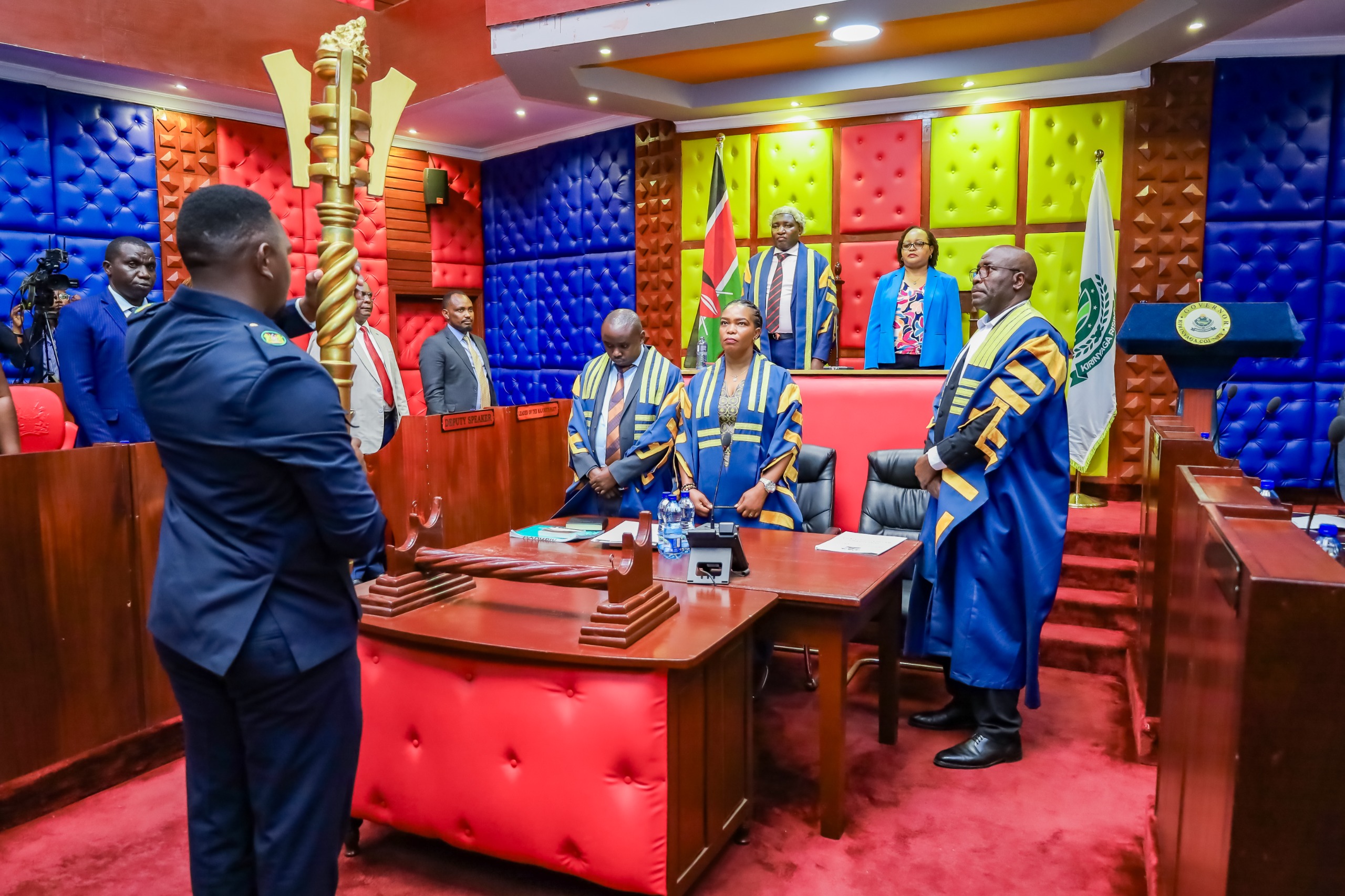
The directive has sparked outrage among farmers, who say it threatens to destabilise local markets at a time when they are preparing to harvest.
They said flooding of the market with cheap import rice has forced prices of the local produce to stagnate.
Last week, Mwea Rice Growers chairperson Ndege Muriuki warned that the influx of duty-free imports could crush farm-gate prices and push local farmers into losses.
“One good thing about pishori rice is that it has always had a ready market and fetched a fair price, but now, with imported rice entering duty free, we fear that our local Basmati rice will have nowhere to go," he said.
"We will begin harvesting our main-season crop, a bumper harvest, and if we lack a market for it, we will suffer huge losses.”
The farmers are now urging the government to review the import plan and prioritise the purchase of local stocks first, saying protecting local farmers is key to sustaining the livelihoods of thousands of households dependent on rice farming in Kirinyaga county.
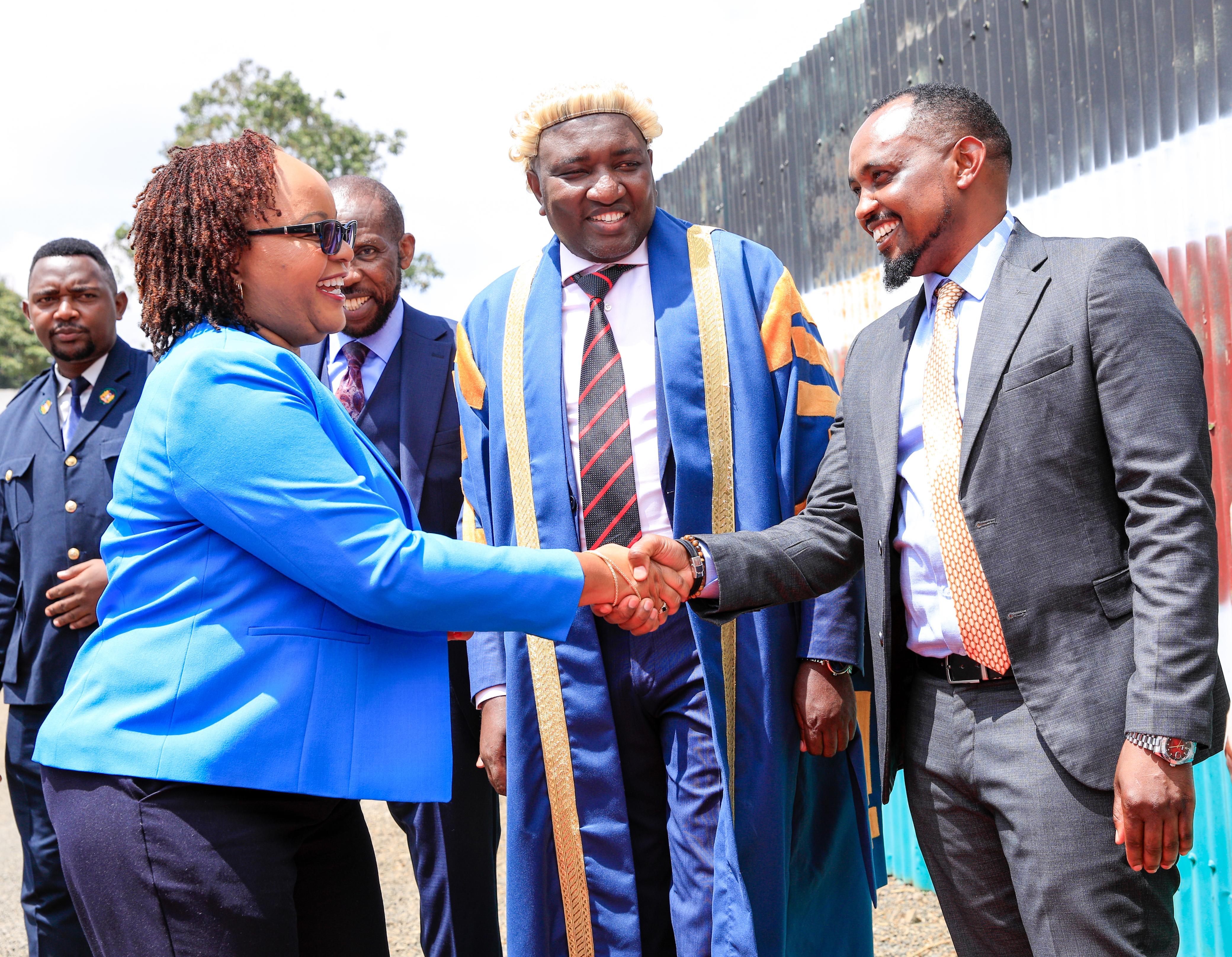
Meanwhile, Governor Waiguru said rice farmers should be allowed to buy the Mwea Rice Mills (MRM) when it is offered for privatization.
She noted that since farmers already own 45 per cent of MRM, it is only fair that they are given the first right of refusal to acquire the national government’s 55 per cent stake.
“The county government will stand with our farmers to ensure they are given first priority in acquiring the national government shares in MRM so that they can manage and run the factory themselves,” she said.

She added that recent interventions in irrigation infrastructure were beginning to pay off, especially after the completion of the Thiba Dam, which has improved water availability for farmers.
As a result, she said, farmers in the scheme are now able to cultivate rice three times a year, compared to only one season previously.
“Mwea Irrigation Scheme is now Kenya's leading rice producer, accounting for approximately 80 per cent of the nation's rice output, with current total annual production of 210,000 metric tonnes, up from 90,000 metric tonnes in 2017, translating to an income of Sh15 billion,” she said.



